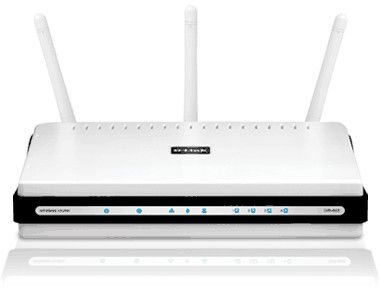From our front-page news:
From the "Don't they have anything better to do?" files comes news out of Australia of law enforcement taking unique action against unsecured wireless networks. How so? By wardriving, of course, to find the culprits, and then set them straight. I have to admit, it's times like this when I wish I were an officer, and in particular, an Aussie officer, because I've had fun wardriving in the past, and it seems like a cool way to waste away the day.
"What's the big deal?" is a question many will have, but in truth, unsecured wireless networks are a problem, and can cause significant damage. If you had to do something illegal online, from the rather modest task of downloading commercial software, to the extreme side of downloading child pornography, wouldn't you want to do it on someone else's Internet? After all, the crime would be traced back to that customer, not you.
Although situations like that are going to be exceedingly rare, I like to live by the "better safe than sorry" motto, and in all seriousness, it takes absolutely nothing to protect yourself with a robust password, and it's not as though you'll have to re-type it in constantly. There's just no excuse for not protecting yourself. It may be also that you actually want to offer up your Internet service to the public, but if you do, you are taking a rather sizable risk, and hopefully you have proper protections in place to block certain keywords and the like. You don't want to be the target of someone else's crime, after all.

Detective Superintendent Brian Hay of the Queensland Police explained to Brett Winterford the thought process behind the move. "We know unsecured networks are a problem," he said. "We know the crooks are out there driving around trying to identify these networks. We can't just sit back and not address the issue." Winterford then continued, "o let's test the waters - let's scan the environment. And let's tell people, 'Excuse me, this could happen to you and your family and this is how you can rectify it.'"
Source: SecurityProNews
"What's the big deal?" is a question many will have, but in truth, unsecured wireless networks are a problem, and can cause significant damage. If you had to do something illegal online, from the rather modest task of downloading commercial software, to the extreme side of downloading child pornography, wouldn't you want to do it on someone else's Internet? After all, the crime would be traced back to that customer, not you.
Although situations like that are going to be exceedingly rare, I like to live by the "better safe than sorry" motto, and in all seriousness, it takes absolutely nothing to protect yourself with a robust password, and it's not as though you'll have to re-type it in constantly. There's just no excuse for not protecting yourself. It may be also that you actually want to offer up your Internet service to the public, but if you do, you are taking a rather sizable risk, and hopefully you have proper protections in place to block certain keywords and the like. You don't want to be the target of someone else's crime, after all.

Detective Superintendent Brian Hay of the Queensland Police explained to Brett Winterford the thought process behind the move. "We know unsecured networks are a problem," he said. "We know the crooks are out there driving around trying to identify these networks. We can't just sit back and not address the issue." Winterford then continued, "
Source: SecurityProNews
